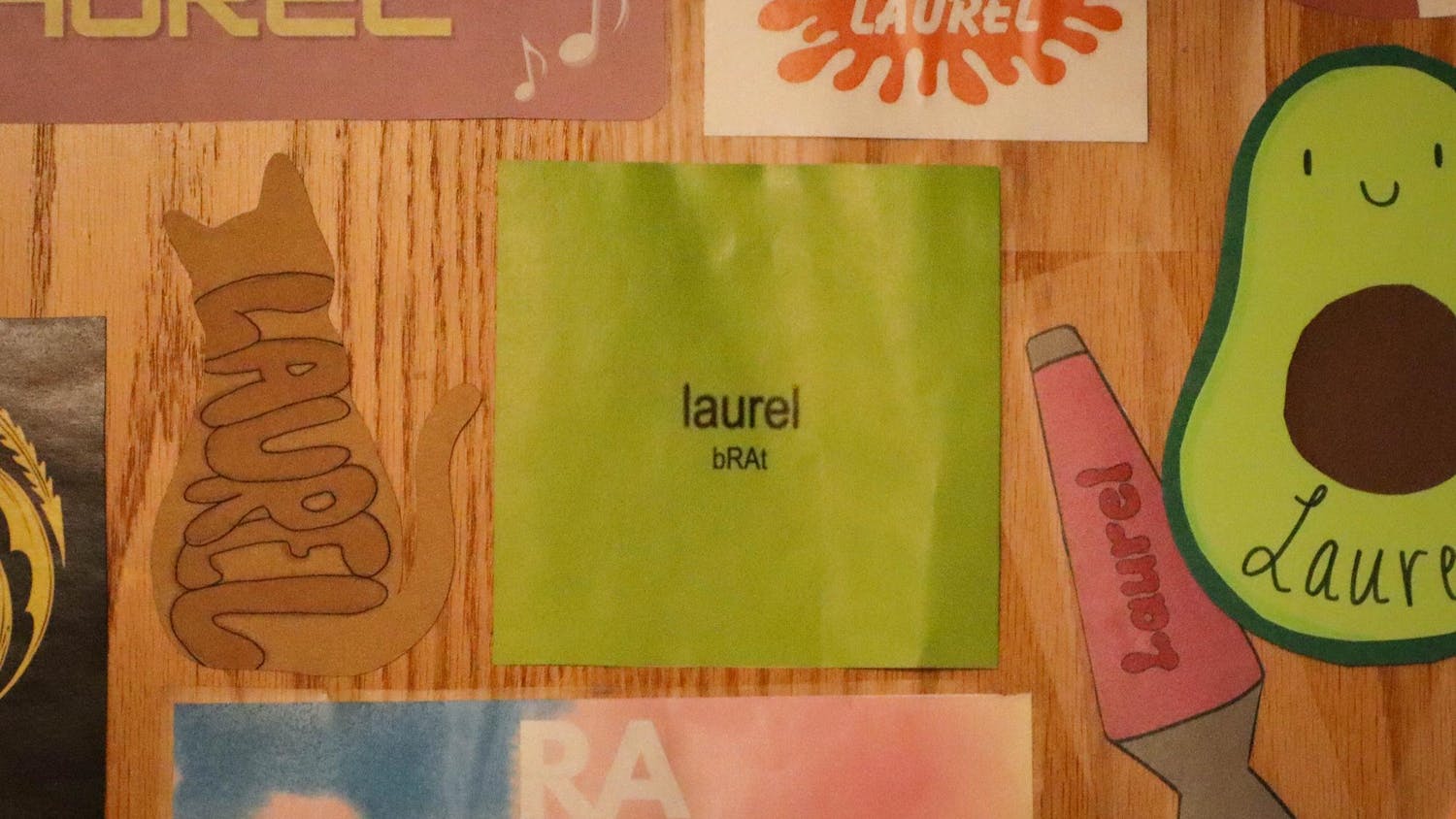BAGHDAD, Iraq -- A sculpture of a bomb-charred motorcycle and auto parts decorates the theater's foyer, and the concession stand lies empty under a layer of dust. Spectators are frisked by policemen, and a notice board announces that an employee has been "caught by the hand of treachery and terrorism," a Baghdad euphemism for a violent death.\nInside, the one-act play "Intensive Care Unit" offers more reminders of death and destruction in its portrayal of the war-torn lives of 10 Iraqis.\nTheater is back in Baghdad -- or is it real life?\nIf it was an oasis for the audience and the actors, the respite was brief.\nThe story on stage spoke at once of the city's relentless violence and the resilience of its people, a struggle for normalcy in the midst of mayhem, and if the audience of 300 or so still didn't get the message, it would soon be driven home on the street. As the crowd emerged from Monday's matinee opening at the National Theater, it saw black smoke rising in the distance -- the aftermath of a triple car bombing that killed at least 80 people.\nThe arts once thrived in Iraq, but stage productions have been rare since Saddam Hussein was ousted nearly four years ago. Many in the theater community have fled abroad, while many Iraqis fear large gatherings that can become bombing targets.\n"We must go on living," playwright and director Kaheel Khaled said after the show. "We don't want to die in a hole that we dug ourselves. We must end our differences so we can come out of this intensive care unit."\nDozens from the audience, apparently overcome with the depiction of their lives, climbed onto the stage, embracing cast members and posing for group photos.\nThe characters, played by students from a drama college, include a theater director forced to make a living by peddling cigarettes and candy on the street, and a man who has lost his ID card and has endless trouble at Baghdad's many checkpoints.\nA third character is a black-clad woman who lost a leg in a bombing and then was abandoned by her lover. "Mother, Mother, I am sick. Get me the doctor quickly! Quick!" the woman says repeatedly in English, the only non-Arabic line in the show and what the director said is the play's bleak message.\nIn the background a man's body is tied with ropes and lies motionless, a reminder of the sectarian abductions and killings afflicting the capital. A stern-faced man, a symbol of today's leaders in Iraq, comes on stage occasionally to bark bizarre orders that are obeyed at once.\n"He is a man who makes reasonable demands," the character of a subservient poet says apologetically.\nThe play's premiere came as Baghdad braces for the escalation of a new security operation that many people see as a final bid by the U.S. military to calm the city of 6 million.\nThe cast held most of the rehearsals for "Intensive Care Unit" in the blackened shell of another theater that was looted and burned in the days after Saddam's fall, said actor Haidar Joma'a. "It was the only place where we could meet."\nRehearsals stopped for about five months early last year when the bombing of a Shiite shrine set off sectarian reprisal killings. Several members of the original cast fled Iraq, and others stopped showing up for rehearsals.\n"But we finally became serious about rehearsals," said Joma'a, who plays a young man scorned by the woman he loves. "We realized that death lurks in the street just as it does at home, that death is really everywhere."\nThat spirit was shared by the theatergoers, whose decision to brave the deadly streets said as much about their determination to enjoy themselves as it did about the artistic merits of the play.\nDozens of men and women in the lobby before the play showed flashes of the secular Baghdad of old, when the city was a magnet for artists and writers from across the Arab world.\nWomen openly smoked and mingled freely with men. Some women embraced male friends, a public taboo in today's Baghdad. Only a few women wore the Islamic head scarves so common now, although some said they would wrap their heads when they left the theater.\n"If every one of us stayed home, then our lives would be a waste," said Amal Yassin, an Iraqi actress who showed up in a fur coat, black trousers and checkered red scarf.\n"Everyone will die on the day he is meant to die," she added. "Nothing will change that"
Real life brought to the stage in Baghdad
Get stories like this in your inbox
Subscribe





